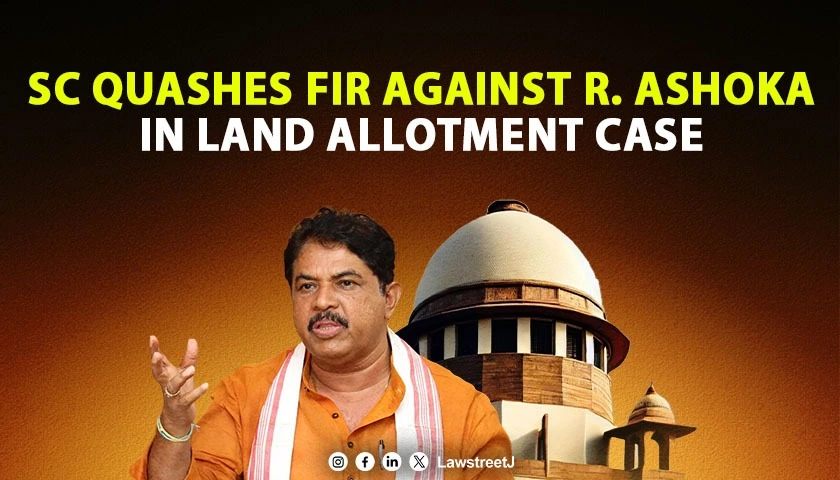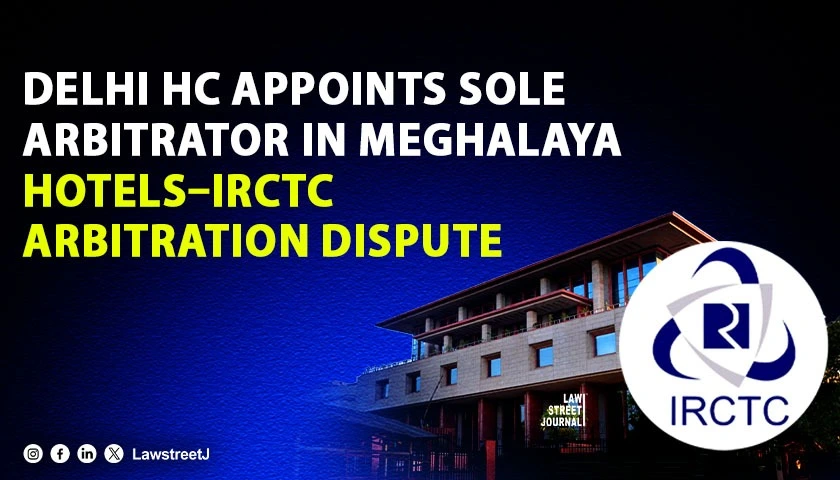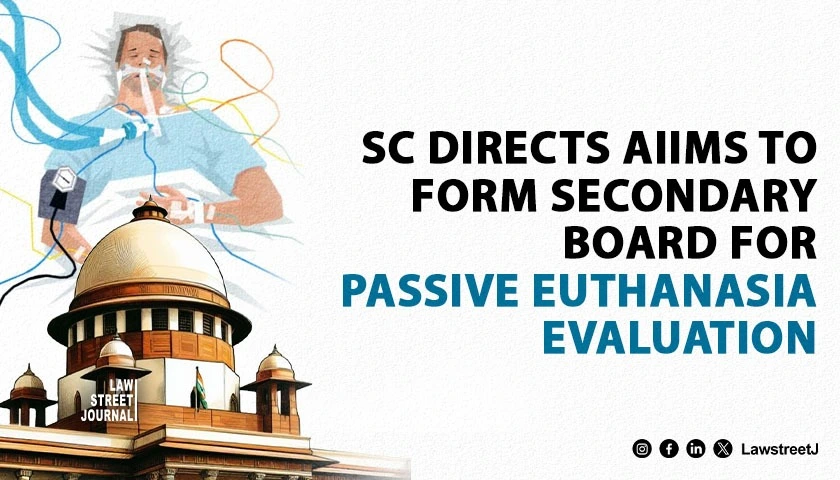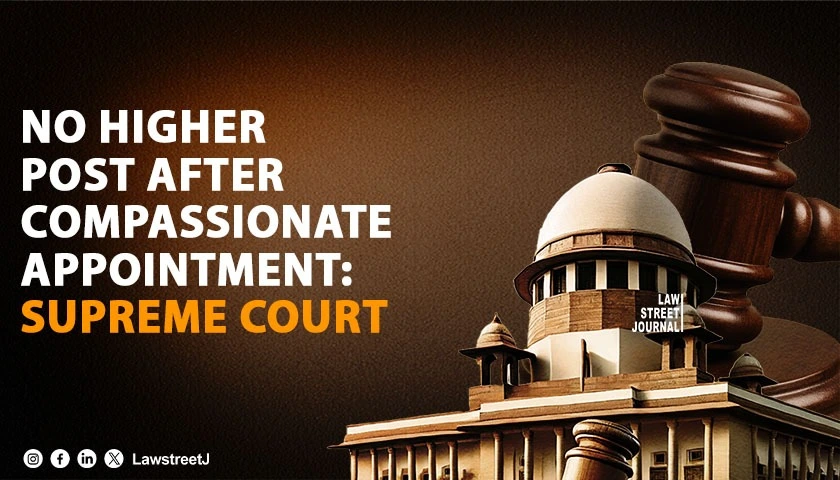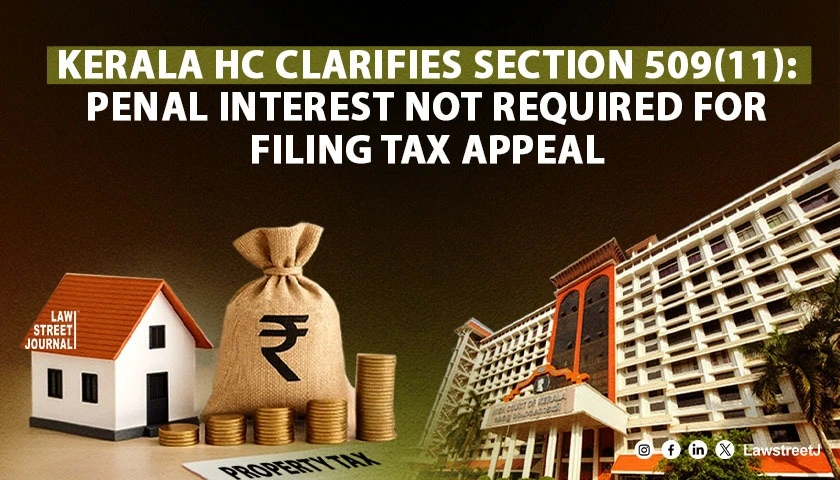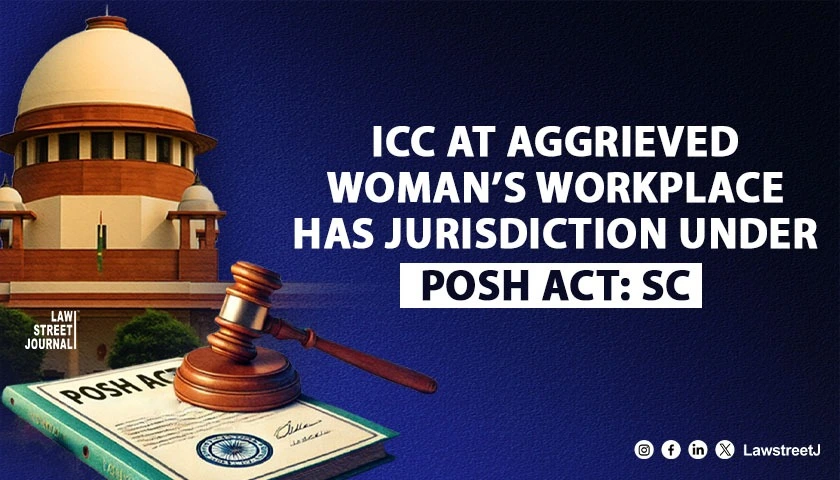NEW DELHI: In a major landmark decision, the Supreme Court has by a majority view upheld validity of the 103 rd Constitutional Amendment Act, 2019 providing 10% quota for Economically Weaker Sections in jobs and education.
The top court declared that the Narendra Modi government's decision does not breach the basic structure of the Constitution, as it made special provisions, including reservation, based on economic criteria, applicable also to private unaided institutions. It further said even the exclusion of socially and educationally backward classes, SC/STs and OBCs from its scope would not violate any constitutional principles.
A five-judge Constitution bench headed by Chief Justice of India U U Lalit passed the judgement by 3:2 on a batch of petitions filed by NGO 'Janhit Abhiyan' and others.
The majority opinion was rendered by Justices Dinesh Maheshwari, Bela M Trivedi and J B Pardiwala, who each pronounced own separate judgements upholding the validity of the law.
CJI Lalit and Justice Bhat, however, differed by declaring the amendment as unconstitutional for excluding backward classes from its ambit, even though they held that special provisions based on objective economic criteria (for the purpose of Article 15), is per se not violative of the basic structure.
Both the judges declared that the classification was arbitrary, and results in hostile discrimination of the poorest sections of the society that are socially and educationally backward, and were subjected to caste discrimination.
The majority view also declared 50% ceiling for reservation fixed by the Indra Sawhney judgement (Mandal case by nine-judge, 1992) was not violable and inflexible. The ceiling was meant for SC/STs and OBCs while 10% quota for EWS was over and above existing 50% limit.
Justice Maheshwari, in his judgment, said the EWS quota law does not violate the basic structure or equality code for taking into account the economic criterion.
"Reservation is an instrument of affirmative action so as to ensure all-inclusive march towards the goals of an egalitarian society while counteracting inequalities; it is an instrument not only for inclusion of socially and educationally backward classes to the mainstream of society but, also for inclusion of any class or section so disadvantaged as to be answering the description of a weaker section," he said.
Justice Trivedi, in her separate view, said treating economically weaker sections of the citizens as a separate class would be a reasonable classification, and could not be termed as an unreasonable or unjustifiable classification, much less a betrayal of basic feature or violative of Article 14.
"Just as equals cannot be treated unequally, unequals also cannot be treated equally. Treating unequals as equals would as well offend the doctrine of equality enshrined in Articles 14 and 16 of the Constitution," she held.
In his own judgement, Justice Pardiwala said the decision is an affirmative action to hitherto untouched groups, who suffered from similar disadvantages as the OBCs competing for opportunities.
"If economic advance can be accepted to negate certain social disadvantages for the OBCs (Creamy Layer concept), the converse would be equally relevant. At least for considering the competing disadvantages of Economically Weaker Sections.
Economic capacity has been upheld as a valid basis for classification by this court in various other contexts," he wrote.
Pertinently, both Justices Trivedi and Pardiwala suggested for revisiting the premise of reservation.
Justice Bhat, who authored the judgement on behalf of himself and the CJI, said, " the othering of socially and educationally disadvantaged classes including SCs/ STs/ OBCs by excluding them from this new reservation on the ground that they enjoy pre-existing benefits, is to heap fresh injustice based on past disability."
He listed out reasons for declaring the amendment as unconstitutional.
"The exclusionary clause operates in an utterly arbitrary manner. Firstly, it others those subjected to socially questionable, and outlawed practices though they are amongst the poorest sections of society. Secondly, for the purpose of the new reservations, the exclusion operates against the socially disadvantaged classes and castes, absolutely, by confining them within their allocated reservation quotas (15% for SCs, 7.5% for STs, etc.). Thirdly, it denies the chance of mobility from the reserved quota (based on past discrimination) to a reservation benefit based only on economic deprivation," he said.
Read Order


